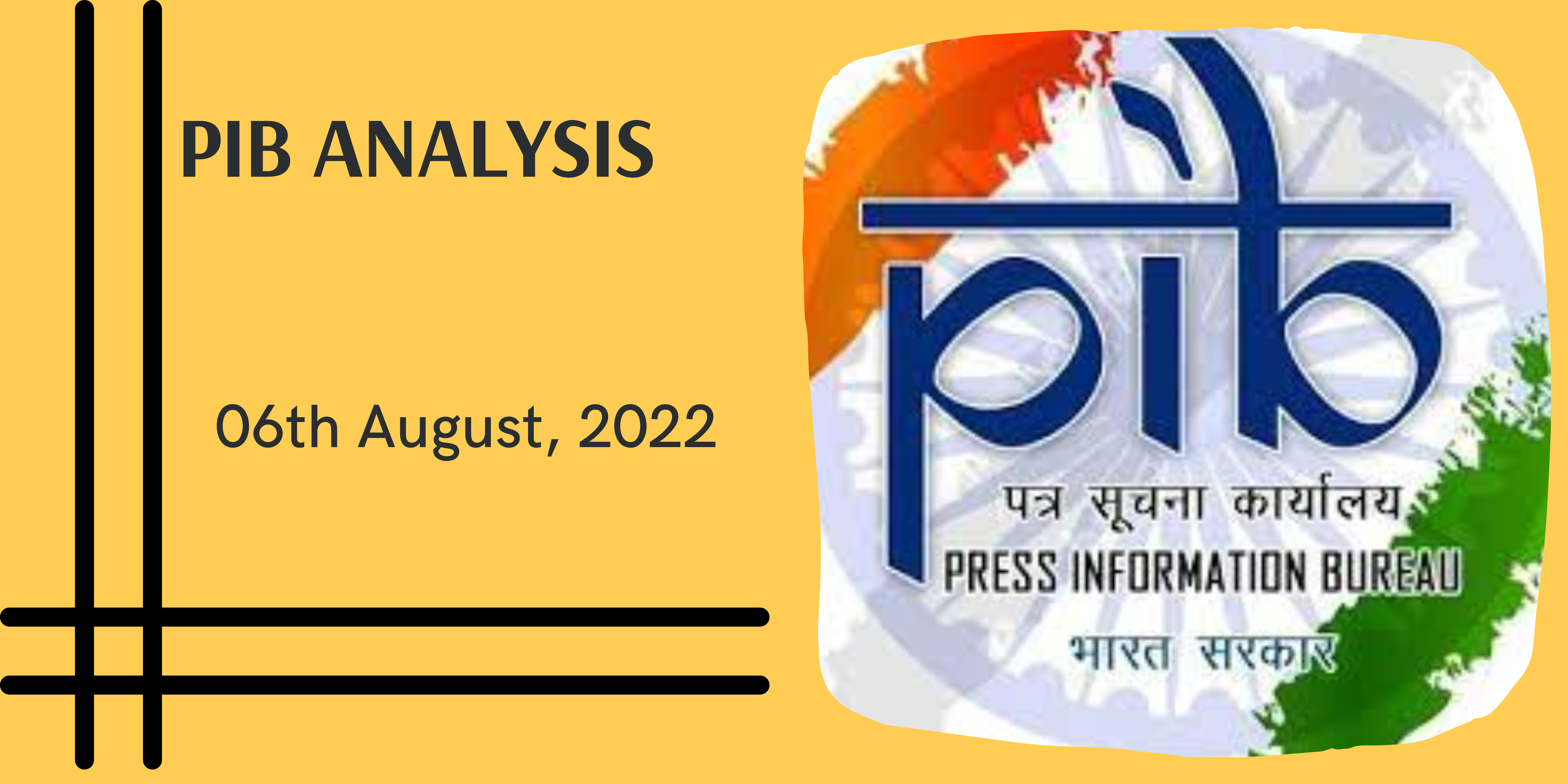Smart Farming
- Government is promoting adoption of smart farming methods through the use of technology and innovation in the agriculture sector in the country. Government is implementing a Digital Agriculture Mission (DAM) which includes
- India Digital Ecosystem of Agriculture (IDEA), Farmers Database, Unified Farmers Service Interface (UFSI), Funding to the States on the new Technology (NeGPA), Revamping Mahalanobis National Crop Forecast Centre (MNCFC), Soil Health, Fertility and profile mapping.
- Under the NeGPA programme funding is given to State Governments for Digital Agriculture projects using emerging technologies like Artificial Intelligence and Machine Learning (AI/ML), Internet of Things (IOT), Block chain etc.
- The Per Drop More Crop component of the Pradhan Mantri Krishi Sichai Yojana (PMKSY-PDMC) aims to increase water use efficiency at the farm level through micro irrigation technologies, i.e., drip and sprinkler irrigation systems.
- The GoI started eNAM (National Agriculture Market), an electronic trading portal which creates networks between the existing Agricultural Produce Market Committee (APMC) mandis for the farmers.
Ministry of Culture and Google kick starts ‘India ki Udaan’ to celebrate the unwavering, undying, spirit of India and its achievements
- Ministry of Culture and Google kick started the initiative, India ki Udaan’ to celebrate the unwavering, undying, spirit of India and its achievements in past 75 years.
- This celebration started on 05-08-2022 in New Delhi, with a special ceremony.
- The showcase displayed India’s biggest achievements using ground-breaking augmented reality technology, including Indian handicrafts and also the stories of India’s women achievers.
Application of Science and Technology in Defence Sector
The Government has undertaken a number of policy initiatives for indigenous manufacturing of state-of-the-art defence products by utilising the applications of science and technology in defence sector including
- In order to promote indigenous design and development of defence equipment ‘Buy {Indian-IDDM (Indigenously Designed, Developed and Manufactured)}’ category has been accorded top most priority for procurement of capital equipment.
- An innovation ecosystem for Defence titled Innovations for Defence Excellence (iDEX) has been launched in April, 2018. iDEX is aimed at creation of an ecosystem to foster innovation and technology development in Defence and Aerospace by engaging Industries including Micro, Small & Medium Enterprises (MSMEs), Start-ups, Individual Innovators, Research & Development (R&D) institutes and Academia and provide them grants/funding and other support to carry out R&D which has potential for future adoption for Indian defence and aerospace needs.
- To enable adoption of Artificial Intelligence in defence, Defence AI Council (DAIC) and Defence AI Project Agency (DAIPA) has been created. Further, an AI roadmap has also been finalized.
- Specific provisions have been introduced in DAP-2020under ‘Buy and Make (Indian)’ and ‘Buy (Global – Manufacture in India)’ category, wherein indigenous production is carried out with Transfer of Technology (ToT) from foreign OEM.
- Discharge of offset obligations by foreign OEMs through ToT to Indian enterprises including government institutions has been incorporated.
- Government has notified the ‘Strategic Partnership (SP)’ Model which envisages establishment of long-term strategic partnerships with Indian entities through a transparent and competitive process, wherein they would tie up with global Original Equipment Manufacturers (OEMs) to seek technology transfers to set up domestic manufacturing infrastructure and supply chains.
- Defence Research & Development (R&D) has been opened up for industry, start-ups and academia with 25 percent of defence R&D budget earmarked, to promote development of defence technology in the country.
- Defence Research and Development Organisation (DRDO) identified nine thrust areas for focused research, namely Platforms, Weapon System, Strategic Systems, Sensors & Communication Systems, Space, Cyber Security, Artificial Intelligence & Robotics, Material &Devices and Soldier Support.
- Technology Development Fund (TDF) Scheme also funds industries, especially – Start-ups and MSMEs up to an amount of Rs. 10 Crore, for innovation, research and development of defence Technologies in the field of defence and Aerospace.
Policy Measures to Support Food Processing Sector
The Government has taken various policy measures and reforms to support food processing sector as indicated below:
- Inclusion of food & agro-based processing units and cold chain as agricultural activity under Priority Sector Lending (PSL) norms in April 2015.
- As a measure towards of ease of doing business, the Food Safety and Standards Authority of India (FSSAI) through notifications in 2016 has shifted from product-by-product approval to an ingredient and additive based approval process.
- A Special Food Processing Fund of Rs. 2000 crore was set up with National Bank for Agriculture and Rural Development (NABARD) to provide affordable credit for investments in setting up Mega Food Parks (MFP) as well as processing units in the MFPs. In 2019, the coverage of the fund was extended to setting up of Agro Processing Clusters and individual manufacturing units within them.
- 100 percent Foreign Direct Investment (FDI) approval under automatic route has been permitted for the food processing sector.
Source PIB




